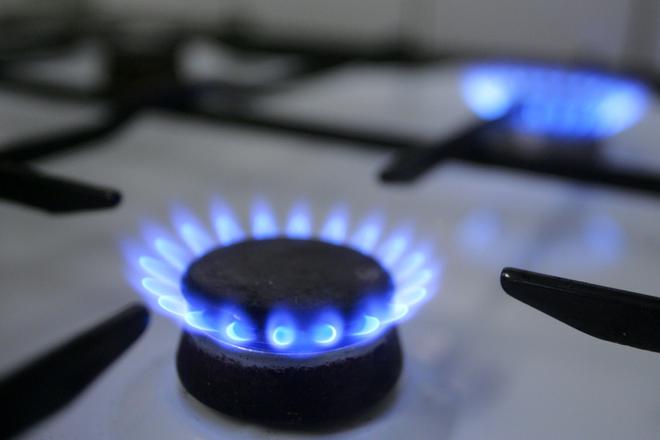Slovakia is facing significant changes in energy prices next year, with gas prices expected to rise sharply due to both market conditions and an increase in VAT, while electricity prices could see a slight decrease thanks to a VAT reduction.
Economy Minister Denisa Saková (Hlas) confirmed on September 25 that gas and heating prices will undoubtedly be higher compared to the subsidised rates from last year.
“We have a rough idea of the outcome, but of course, the price lists are not yet available,” said the minister. “I expect we will have the exact figures sometime in November.”
These shifts are part of the government’s broader efforts to balance public finances, including a consolidation package worth €2.6 billion to €2.7 billion.
Gas prices set to rise significantly
Gas prices for Slovak households are poised to increase substantially, with the commodity price expected to rise by nearly 50 percent, from €25 to €37 per megawatt-hour, according to the Sme daily. This figure does not include distribution, transport fees, and VAT, which are also set to increase. VAT on gas for households will rise from 20 percent to 23 percent, adding further pressure on consumers.
Martin Vlachynský, an analyst at the think tank INESS, warned of a complex and ‘chaotic’ rate system, with various fees and taxes affecting final prices. Radovan Potočár, an energy analyst, added that it is challenging to predict the exact increase for consumers, as it will depend on individual tariffs and usage patterns. Households that rely on gas for heating, particularly those with larger homes, are likely to be hit hardest, with estimates suggesting a price rise of over 30 percent for those in the most common consumption bracket.
The Regulatory Office for Network Industries estimates that a household that uses natural gas for cooking will pay an additional €14.20 for gas next year, on average. Households that use gas for both cooking and heating water will see their annual expenses rise by €221, while those that also rely on gas for heating will face a €450 increase.
This sharp rise in gas prices is partly due to previous government interventions, which capped and subsidised prices. Last year, Slovakia’s gas prices were about half the EU average. However, the government has signalled that it may no longer afford any substantial subsidies.
Heat prices also rising
Heating costs are also expected to climb, as VAT on heat will rise to 23 percent. However, analysts believe the increase will be more gradual than for gas. There are about 800 localities in Slovakia where the Regulatory Office for Network Industries (ÚRSO) sets prices, which vary depending on the fuel used—whether gas, biomass, or coal.
The Economy Ministry is preparing a system of energy price assistance for vulnerable households. The exact details of this assistance are still under discussion.
In addition, the ministry is attempting to secure cheaper gas from Azerbaijan.
Electricity prices: A slower increase
While gas and heat prices are expected to soar, electricity prices could remain relatively stable or even decrease slightly, thanks to a VAT reduction from 20 percent to 19 percent. The price of electricity as a commodity is expected to remain at €61.2 per megawatt-hour, the same as this year, due to a memorandum signed between the government and Slovenské Elektrárne (SE), the dominant electricity producer.
However, the opposition party SaS has raised concerns that the European Commission has expressed ‘serious reservations’ about the agreement between the government and SE. According to SaS MP Karol Galek, if the agreement is not finalised, electricity bills could rise by up to 50 percent, with those currently paying €400 potentially paying €600.
The ministry has rejected these claims, insisting that Minister Saková has been negotiating with the European Commission to ensure the memorandum remains in place for 2025, potentially at an even more favourable rate than previously agreed.
Impact on inflation
These energy price hikes are expected to drive up inflation in Slovakia.
The Institute of Financial Policy at the Finance Ministry has already revised its inflation forecast for next year to 5.4 percent, up from the 3.9 percent estimated in June.
The increase in gas prices alone is expected to contribute to this inflationary pressure, with the institute predicting a 30 percent rise in gas prices, including the higher VAT.
Approximately €100 million is expected to be allocated next year to combat rising energy costs. Previous governments allocated €5 billion, with approximately €1.5 billion set aside in 2022 and €3.5 billion in 2023, to mitigate the impact of high energy prices.


 Natural gas prices for households are expected to increase by some 30 percent. (source: Sme - Jozef Jakubčo)
Natural gas prices for households are expected to increase by some 30 percent. (source: Sme - Jozef Jakubčo)